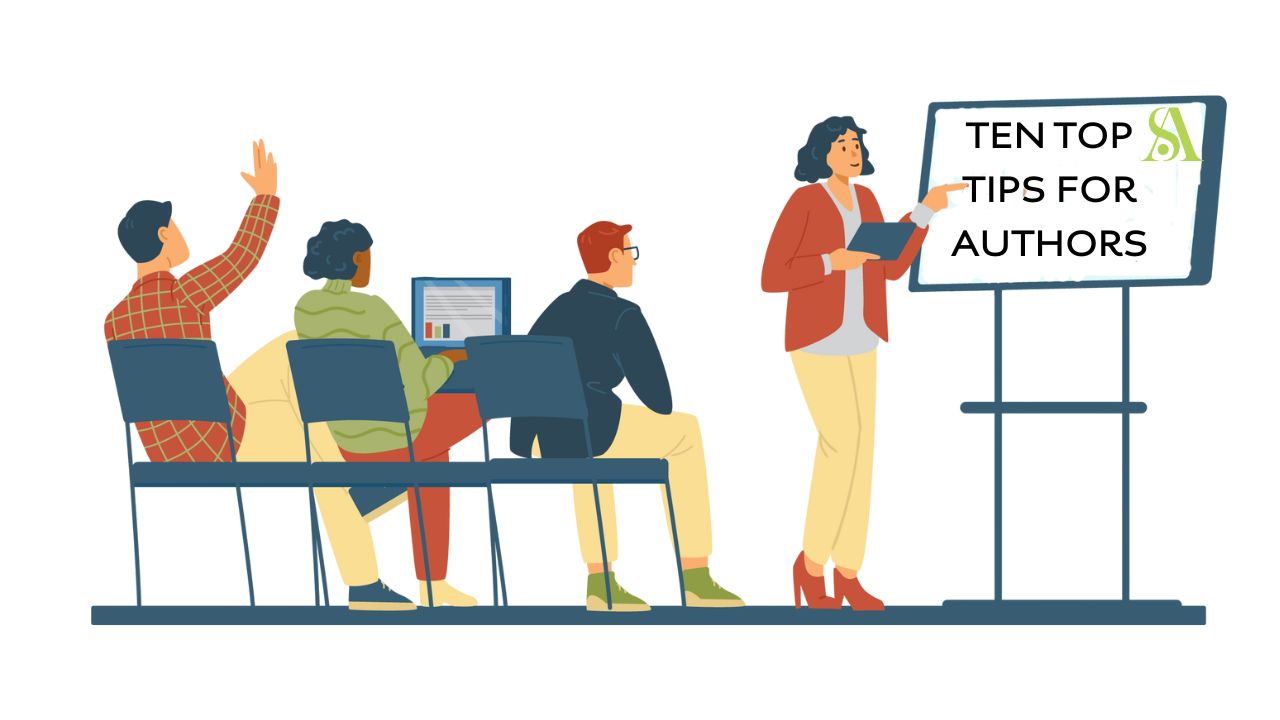The 2013 ALCS income review found that 57% of respondents had signed contracts that included a ‘rights reversion’ clause. Of these respondents, 38% had used or relied on the reversion clause – 70% of whom went on to earn more money from the work in question. ALCS is currently rerunning its survey and we urge you to take part – but we don’t expect these results to have changed in the intervening years. The lesson is, whatever type of deal you enter into, be it traditional publishing, self-publishing or open access – and in whatever genre or medium, it pays to be able to reclaim your rights.
Key points to watch for:
Whenever you look at a contract of any type it is worth identifying just what is it that you are hoping to receive from the other party, whether what you are being offered meets those expectations, and how much are you prepared to give in return.
Obviously there are many types of deal and what rights you give away will depend on your bargaining power and what the other party is offering. If you have a traditional deal with a decent advance you may be granting world rights in all media for the full term of copyright, for an offer to print on demand or ebook only with little or no advance you should grant the publisher no more than print and verbatim ebook rights in the English language for a limited term, unless there is very strong reason otherwise.
However, some common points apply to all. Do not give away more rights than you must, for any longer than you must – and do not give away rights that the other party does not have the capacity to exploit. Most important of all, try to make sure that you can get your rights back if they are not being exploited or if the other party ceases trading.
Grounds for termination
It must be clear that the contract can be terminated in certain situations. Precise wording will vary and the SoA can advise members further on a case by case basis but the key grounds for termination should be:
Limited Term
If the other party is making minimal investment (e.g. publishing in ebook or POD only) you should have the right, from the outset, to terminate at any time on three months’ notice. Failing that, at most the licence period you grant should be no more than, say, three years. Even when the other party is making a higher investment you may want to try to negotiate a contractual licence period after which the rights will revert to you. Sadly, however, many publishers will only contemplate a term of the full length of copyright, i.e. your lifetime plus 70 years.
Use it or lose it
Ensure that the other party takes only those rights it is in a good position to exploit (in most cases, especially if you don’t have an agent, they will want to control US, translation and audio rights for instance; but generally you should hold back film and TV dramatisations); and – negative though it may feel at the contract-negotiating stage – you should have the right to reclaim specific rights if a publisher fails to exploit them. Many publishers will agree to a ‘use it or lose it clause’, as the SoA believes should always be the case (see our CREATOR principles), whereby if the publisher controls a range of rights and formats and fails to exploit any particular right or format (e.g. German language rights) within an agreed time, those rights will revert to the author.
Out of commerce
For all contracts we believe that you should be entitled to terminate the contract if, after an agreed limited period, the publisher is no longer making any investment in the work and sales are desultory, but it is holding on to control and its share of what modest income there is. Ask for a right to revert if the work is unavailable or if the work is being kept available only as print-on-demand/ebook and/or sales have dwindled below an agreed level. Ideally the right to revert should apply even if the advance has not earned out.
Breach of contract
You should ensure that you can terminate the contract and that your rights should revert if the other party is in breach of contract and does not remedy the breach following, say, one month’s written notice. That ensures that you can get your rights back if the other party does not pay your royalties or fails to fulfil its obligations.
If the other party goes out of business
Sadly, we are seeing an increasing number of publishers and other producers go out of business. Your contract should automatically terminate if the company goes into liquidation (including provisional liquidation) administration or receivership.
Consequences of termination
If you assign copyright, unless there is a statement that your copyright reverts to you in the event of termination, the publisher will still own the copyright. It is therefore very important to check any contract carefully to ensure rights revert to you. If they do not and the company goes into liquidation then there is a risk of creating orphan works – meaning that neither you nor anyone else can exploit the works or the copyright.
Existing sub-licences will continue to be valid and the other party will continue to be entitled to its share of the income from them. However, we would expect it to be clear that the other party cannot grant fresh sub-licences after it has received notice of termination and that if the contract is terminated because of the other party’s default or because it has ceased trading, all future income from any licensees will be paid in full to you.
A publisher may be entitled to sell any stock in existence at termination but this will depend on the contract as there is no automatic right. If the contract does have that right then ensure that the other party is still bound to pay you royalties on those sales. You may also want the right to buy stock at asset price or to match any remainder price. If you have paid towards the cost of publication, the contract should clarify who has what rights to any stock still in existence at the date of termination and to what, if any, refund of their payment you may be entitled.
You should still have the right to pursue monies owed (or, if relevant, damages).
Many reference works and textbooks live on in the form of revised editions long after the original authors are still directly involved. For such works, it may be hard to secure ‘out of print’ termination provisions and the vital thing is to ensure you are not unreasonably restricted by any non-compete restriction (see our longer Guide to Publishing Contracts).
Why is it important to get your rights back?
Your rights can be valuable to you, even if they are no longer commercially viable for a publisher. You may be able to self-publish or to reuse parts of the work. Furthermore, other people may want to license them from you. It is therefore worth engaging with those long and dull clauses at the end of any contract to ensure that you can get your rights back so that your work can continue to be exploited for the full length of copyright.
Contracts are lengthy, detailed, legally binding documents and everyone’s circumstances are different. This advice gives only a very general overview. It must not be taken as remotely definitive, and you are urged to take professional advice on a case by case basis from the Society of Authors dedicated team of advisors.





